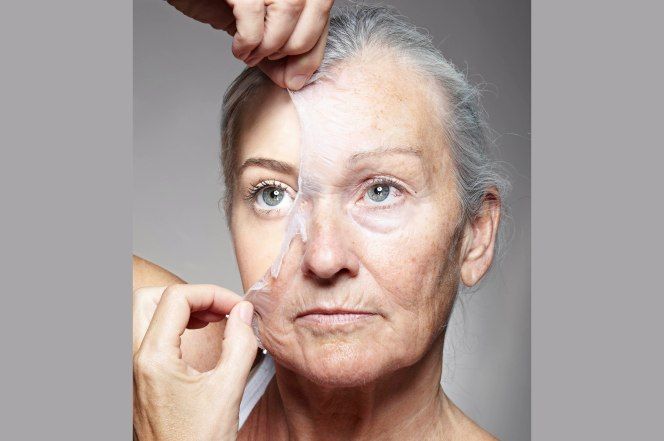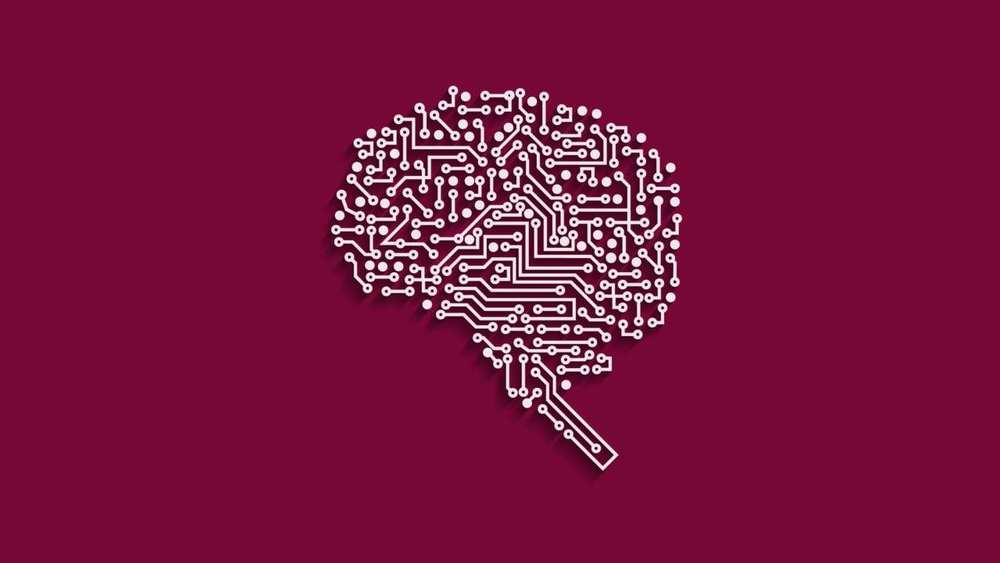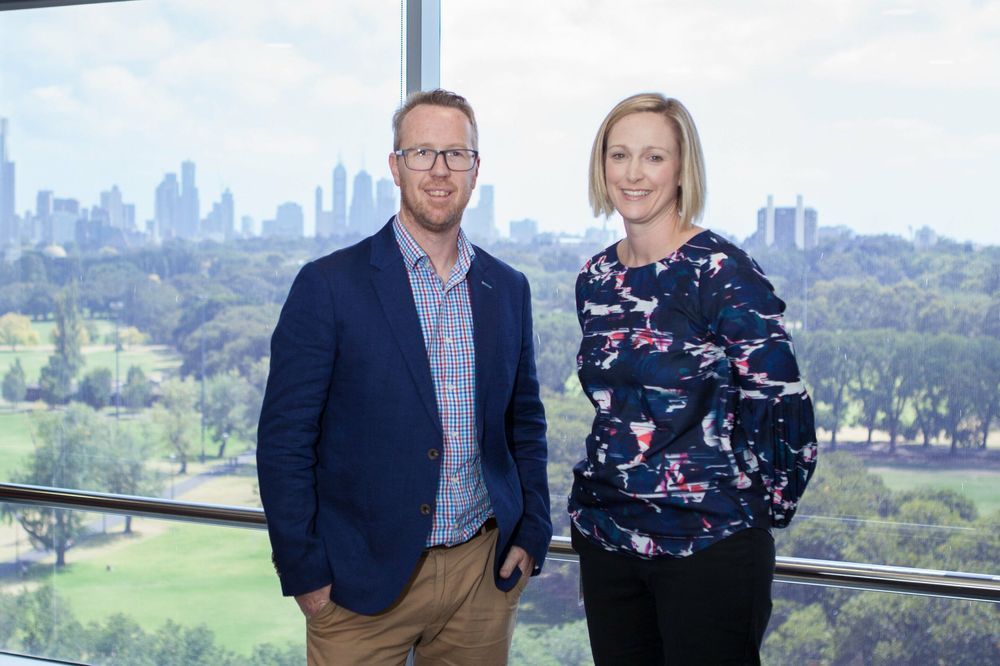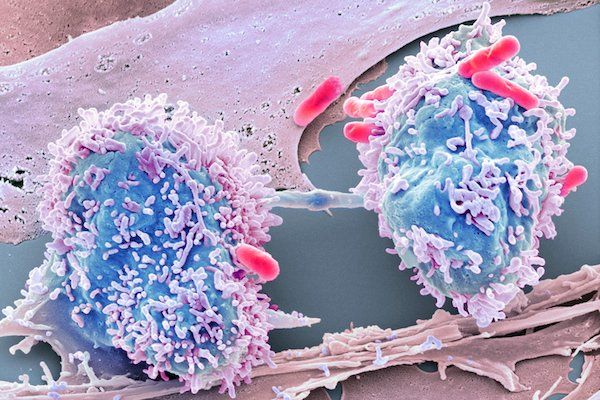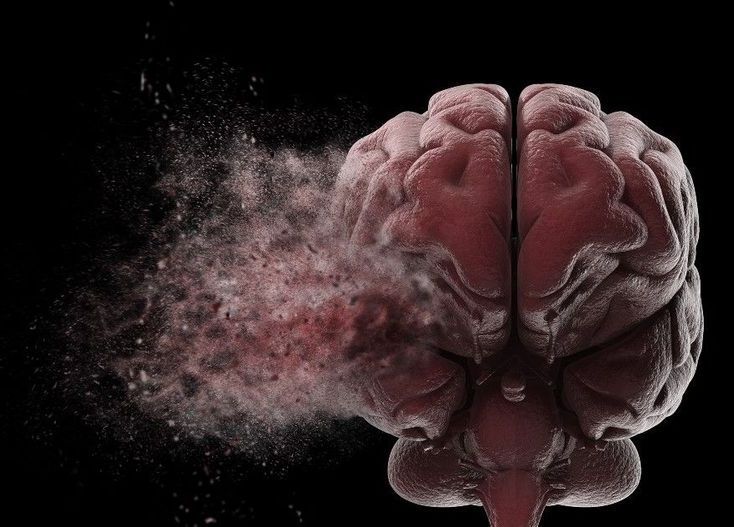Accumulation of fat in the liver, known as fatty liver disease, is experienced by over 5.5 million Australians, including more than 40% of all adults over the age of 50.
Fatty liver develops from a combination of both genetic and environmental causes, which influence the age of onset and severity of the disease. Experts are now describing the condition as a hidden epidemic, which is driving up rates of liver transplant, contributing to a range of illnesses and ultimately death.
Fatty liver disease usually has no early symptoms and diagnoses with current technologies mostly comes when it’s too late to prevent major illness. But now, for the first time in a study published in the prestigious scientific journal, Nature, a team of researchers from the Baker Heart and Diabetes Institute, University of California, and University of Sydney, have discovered biomarkers in the blood that can predict the accumulation of toxic fats in the liver, which are a sign of early fatty liver disease. These predictions can be made based on the lipid (fats) profile in the blood.
